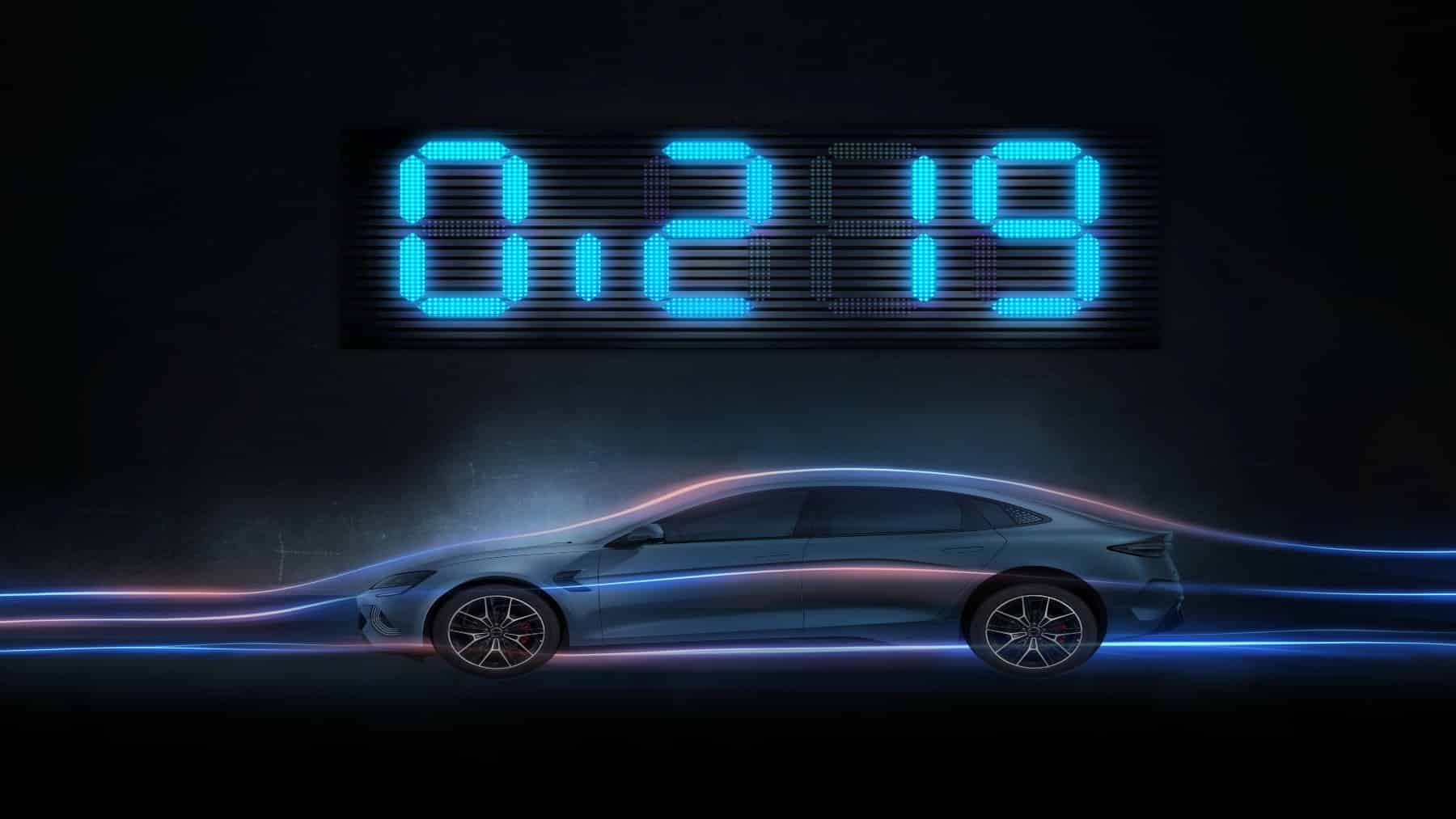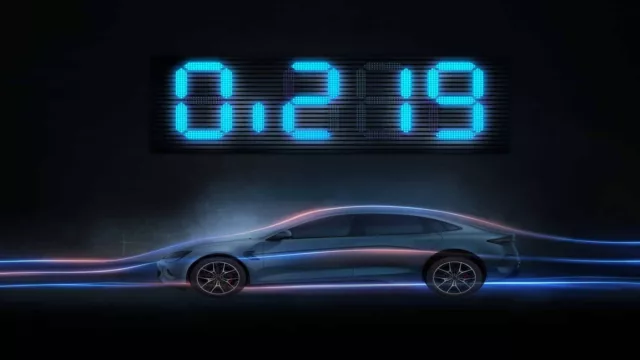
The electric vehicle has become the vision for the future of the automobile industry, and BYD is set to play a key role in the transition. While American electrical vehicle manufacturer giant Tesla’s models have long been the most popular electric models seen on the road, not only are other automobile companies now catching up, but they are also offering competitive vehicles. In addition, these equally technologically advanced models offer a significantly cheaper entry point compared to Tesla’s own entry-level models.
Electric vehicles take the world by storm
The transportation industry, in particular, has been targeted in achieving carbon-neutrality in a world that grows increasingly concerned over the irreversible and impending damage climate change will have on our planet. To address this pressure, a variety of alternative engine solutions have been developed by automobile manufacturers and innovators to reduce the automobile industry’s reliance on fossil fuels.
Through this process, the electrical engine has been particularly highlighted as holding the key to transforming the industry’s widespread use of the internal combustion engine. Tesla has largely dominated this market base with their advanced battery-vehicle technology and their luxury electric models, which have caused the electric engine to be seen as desirable as opposed to niche.
Tesla competes with BYD for technological dominance
In the past decade, global electric vehicle sales have steadily risen. China, Europe, and the US account for the largest share of global electric vehicle sales, with 95% of all sales hailing from these three areas combined in 2023. While Tesla has long been the top company when it comes to vehicle sales numbers, since 2022, China’s BYD has surpassed Tesla’s numbers. The company has experienced rapid growth in electric vehicle sales, increasing from just over 200,000 in 2018 to over 4 million in 2024, compared to Tesla’s 1.79 million units in 2024.
Part of this reason for this is due to the price differences between Tesla and BYD. The company has been rolling out increasingly more affordable electric vehicles for consumers, most recently the Seal 06 model with a starting price of $15,300. Their cheapest model, the Seagull, has a starting price of $7,800. In May of this year, the company made the decision to cut the prices of 22 of their models by as much as 34%.
“…with over 33 hard-core standard features, the entry-level version [of the Seal 06] is high-end,” describes BYD.
Comparatively speaking, the cheapest Tesla model, the Model 3, starts at just under $43,000. The new Seal 06, nearly a third of the cost of the Model 3, includes advanced features such as coming fully equipped with BYD’s autonomous driving system ‘God’s Eye’, with their entry-level variant being able to accelerate from 0 to 50 km/h in 4.1 seconds. Additionally, the car can charge from 30% to 80% in just 24 minutes.
The fight for a more sustainable future on the roads
With Tesla’s position of dominance and popularity increasingly threatened by the advancement of BYD and other automobile companies, the electric vehicle company has shifted much of its vision towards autonomous driving systems and its ‘Robotaxi’ fleet to remain competitive. With the rise in electric engines across automobile companies, other developers are also looking at more niche developments to aid in the fight for a more sustainable future.
Some automakers, particularly Toyota, Hyundai, Alpine, and Honda, have been increasingly focusing on the development of hydrogen fuel-cell technology as opposed to only developing electric engines. This more niche technology, while not as popular in passenger vehicles compared to the electrical engine, has been identified as a potential solution in industries where the electrical engine is not feasible, such as the aviation and long-haul trucking industries. These developments are set to be the future of the transportation industry to achieve carbon-neutrality.
Disclaimer: Our coverage of events affecting companies is purely informative and descriptive. Under no circumstances does it seek to promote an opinion or create a trend, nor can it be taken as investment advice or a recommendation of any kind.









